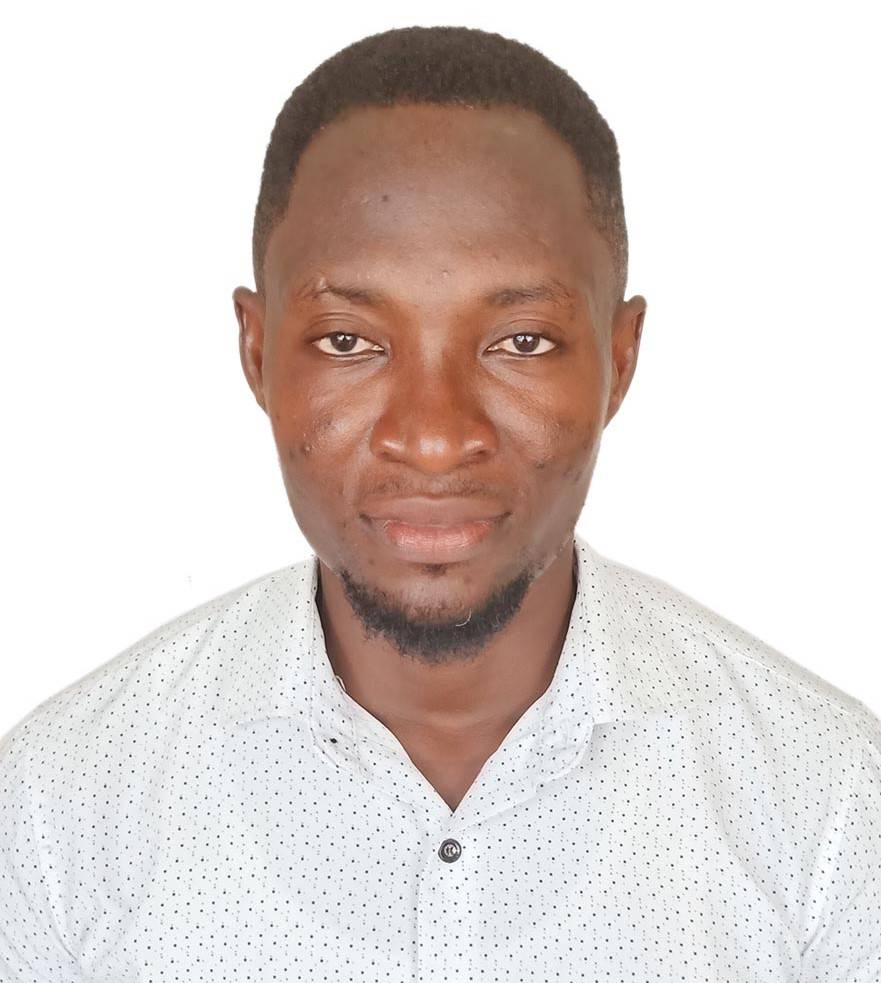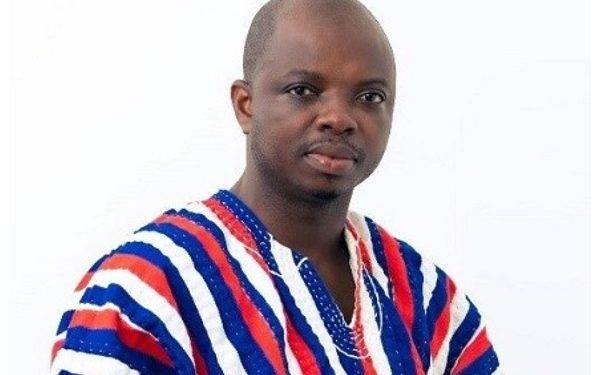The Bono Regional Chairman of the New Patriotic Party (NPP), Kwame Baffoe, popularly known as Abronye DC, has accused the National Investigations Bureau (NIB) of selective justice following an invitation for questioning over allegations he made against former President John Mahama.
Background of the Allegations
Abronye DC’s accusations stem from claims he made on Accra-based Movement Television, where he alleged that President John Mahama was withholding GH₵550 million meant for dismissed appointees at the Jubilee House. Additionally, he accused the government of corruption in the recruitment and revocation processes, further stating that funds meant for compensating terminated appointees had been misappropriated.
The NIB has since requested that Abronye appear before them on February 26, 2025, to provide evidence supporting his claims. However, he perceives this invitation as a demonstration of bias in the Bureau’s operations.
Abronye’s Response to the NIB Invitation
In an interview with Channel One News on February 22, 2025, Abronye reiterated his stance, questioning the rationale behind the invitation.
“There was money intended for those employees whose appointment letters have been terminated, and no government will recruit for that budgeting. So I’ll go and face them. I haven’t seen the criminal element in that. They said I should come and assist them in the investigation, so let’s go and take it from there,†he stated.
He further argued that the invitation could be an attempt to reintroduce a ‘culture of silence’ in Ghanaian politics, where dissenting voices are systematically suppressed.
Allegations of Selective Justice
Abronye DC has also raised concerns about what he describes as selective application of the law by the NIB. He contends that numerous allegations have been made against members of the current administration, yet no similar investigations have been launched.
“Serious allegations have been made against the government, including claims that the ‘Akyem mafia’ is hoarding gold outside the country and that the Minerals Income Investment Fund (MIIF) has been used improperly. However, the director of the NIB has not invited any of these individuals for questioning,†Abronye argued.
His remarks highlight the deep-seated political tensions between Ghana’s two major parties, the NPP and the National Democratic Congress (NDC), especially regarding accusations of corruption and mismanagement.
Historical Context: Ghana’s Political Landscape and Accountability
Ghana’s political climate has long been marred by allegations of corruption and political bias in law enforcement. Previous administrations have faced similar accusations of using state security agencies to target political opponents.
During John Mahama’s presidency (2012–2017), the opposition accused his government of manipulating state institutions to silence dissenting voices. Similarly, under President Nana Akufo-Addo’s tenure, opposition figures have made claims that the government employs state agencies to intimidate political critics.
This cycle of accusations raises concerns about the independence of state security institutions. The effectiveness and impartiality of investigative bodies such as the NIB and Economic and Organized Crime Office (EOCO) remain a matter of public debate, with critics questioning whether these agencies act independently or are influenced by political pressure.
Legal and Political Implications of the Case
Legal experts argue that while Abronye has the right to express his opinions and make allegations, he must also be prepared to substantiate his claims with credible evidence. The law requires that individuals accused of wrongdoing be given due process, and it is within the NIB’s mandate to investigate potential financial misconduct, especially when such claims involve public funds.
Political analysts, however, argue that the NIB’s actions could be perceived as politically motivated, especially if investigations appear one-sided. Given Ghana’s history of politically charged investigations, the NIB must handle the case transparently to maintain public trust.
Public Reaction and Media Commentary
Abronye’s allegations and subsequent invitation by the NIB have sparked significant debate among political commentators and the public.
Some citizens support his stance, arguing that the NIB should be consistent in investigating corruption allegations across the political spectrum. Others believe that his claims lack merit and that he should provide the necessary evidence rather than making unverified accusations.
Media houses have also weighed in on the issue. Some outlets have criticized the perceived bias in law enforcement, while others emphasize the importance of accountability and due process. The debate has reignited discussions about media freedom, the role of investigative journalism, and the responsibilities of public figures in maintaining ethical discourse.
What Happens Next?
Abronye DC’s scheduled meeting with the NIB on February 26, 2025, will be a key moment in determining the direction of this controversy. If he provides substantial evidence, it could lead to further investigations into financial misconduct within the Mahama administration. Conversely, if his claims are found to be baseless, it could damage his credibility and reinforce concerns about the spread of misinformation in Ghana’s political space.
This case also underscores broader concerns about how Ghana’s institutions handle allegations of corruption and political interference. For the NIB, this investigation presents an opportunity to demonstrate its neutrality and commitment to justice, irrespective of political affiliation.
As the situation unfolds, Ghanaians will be watching closely to see whether this case becomes a landmark test of institutional fairness or yet another example of political maneuvering in the country’s ever-contentious political landscape.
Conclusion Abronye DC’s accusations and the NIB’s response reflect Ghana’s ongoing struggles with political accountability and institutional impartiality. While his claims warrant investigation, the NIB must ensure that its actions are seen as fair and not as a tool for political persecution. In a democratic society, institutions must maintain credibility by treating all allegations with equal scrutiny, regardless of the political affiliations involved.
Ultimately, this incident underscores the need for continued reforms to strengthen the independence and integrity of Ghana’s investigative bodies. Only through transparent and consistent legal processes can the country build trust in its governance systems and move beyond the recurring cycles of political accusations and counter-accusations.




No comments yet
Be the first to share your thoughts!